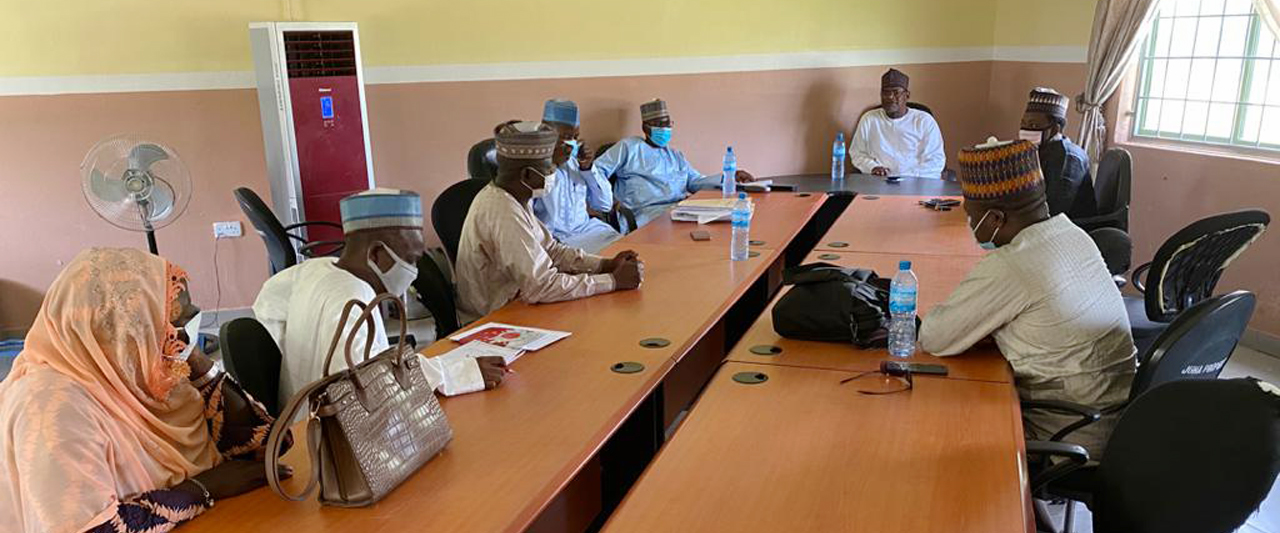In a major step forward in the fight against sexual and gender-based violence in Nigeria, Jigawa State has adopted legislation to implement the federal Violence Against Persons Prohibition (VAPP) Act.
The VAPP Act was approved in 2015 in response to the longstanding problem of gender-based violence in Nigeria, where it is estimated that one in three girls and women will experience sexual abuse by the age of 25. But adoption of legislation to implement VAPP Act protections at the state level has been slow.
To push the bill forward in Jigawa State, Ipas Nigeria and partners conducted months of advocacy work with leaders and members of the State Assembly and other key stakeholders. Ipas Nigeria also sponsored radio programs across the state to raise awareness on how to report cases of sexual and gender-based violence.
Sexual violence in Nigeria has spiked during the COVID-19 pandemic, prompting the declaration of a state of emergency on rape and sexual violence in all 36 states and heightening calls for state-level protections. Women’s groups, including the Nigerian Feminist Forum, have been at the forefront of those urging states to take action.
Lucky Palmer, director of Ipas Nigeria, says passage of state-level VAPP laws is crucial because they provide the legal framework needed to both punish perpetrators of sexual and gender-based violence and to provide survivors with comprehensive sexual and reproductive health services.
The new legislation in Jigawa “will help to ensure that victims get the quality care that they need—and that their right to such care is protected by law,” says Palmer, adding that Ipas will now offer Jigawa State technical assistance to develop medical management protocols for implementation of health services for survivors.
UKAid, the principle foreign aid agency of the United Kingdom, is providing support for Ipas Nigeria’s work to expand legal protections and access to comprehensive care for survivors of sexual and gender-based violence—and to improve implementation and enforcement of laws to hold perpetrators accountable.



